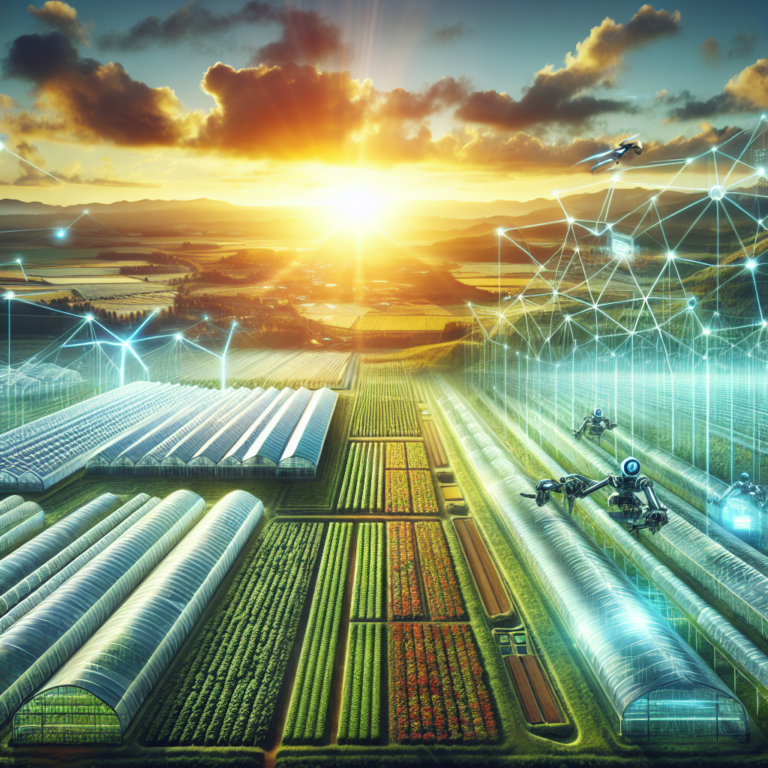Agriculture is an essential part of our society as it provides us with the food we need to survive. However, with the increasing global population and the challenges posed by climate change, traditional farming methods are facing significant challenges. This has led to the rise of greenhouse farming as a more sustainable and efficient way of producing food.
Greenhouse farming involves the use of controlled environments to grow plants. This method allows farmers to regulate temperature, light, humidity, and air quality, creating optimal conditions for plant growth. By doing so, greenhouse farming can produce higher yields with fewer resources compared to traditional farming methods.
One of the key advantages of greenhouse farming is its ability to extend the growing season and produce crops year-round. This is particularly important in regions with harsh climates or limited arable land. By growing crops in greenhouses, farmers can ensure a consistent and reliable food supply, even in the face of adverse weather conditions.
Furthermore, greenhouse farming is more resource-efficient than traditional farming methods. By controlling factors such as water usage and fertilization, farmers can reduce waste and improve sustainability. In addition, the use of vertical farming techniques in greenhouses allows for maximized space utilization, further increasing productivity.
Another benefit of greenhouse farming is its ability to reduce the use of chemical pesticides and herbicides. The controlled environment of greenhouses helps to limit pest and disease infestations, reducing the need for harmful chemicals. This not only benefits the environment but also ensures that the food produced is healthier and safer for consumption.
The rise of greenhouse farming also presents opportunities for technological innovation in agriculture. With the integration of sensors, automation, and data analytics, farmers can monitor and optimize the growing conditions in real-time. This precision farming approach allows for more efficient resource management and improved crop yields.
In conclusion, greenhouse farming represents the future of agriculture as it offers a more sustainable, efficient, and innovative way of producing food. With the challenges posed by climate change and the increasing demand for food, greenhouse farming is poised to play a crucial role in ensuring food security for future generations. It is clear that the rise of greenhouse farming is a positive development that will shape the future of agriculture for years to come.
